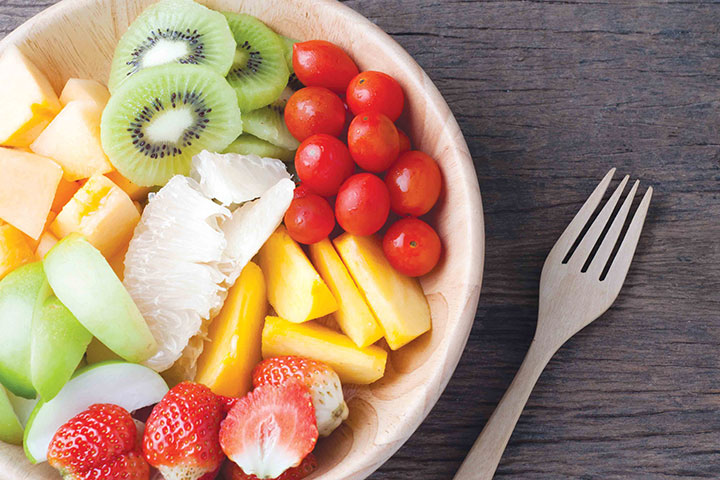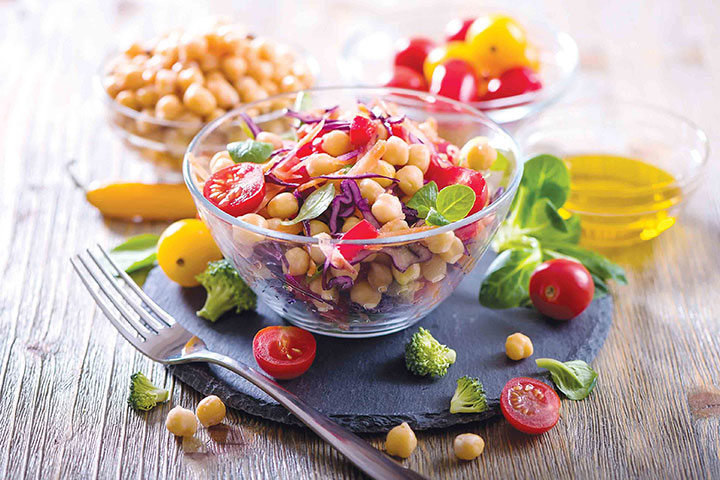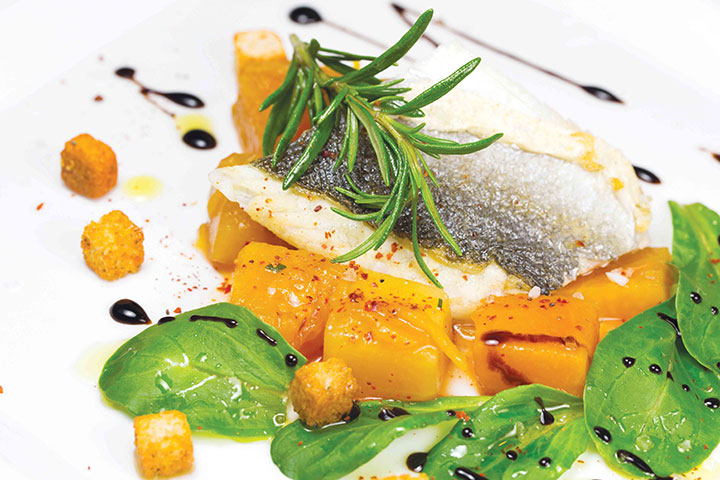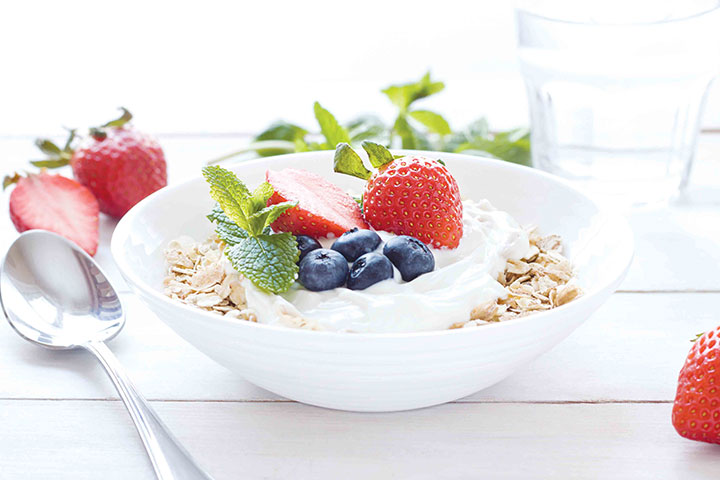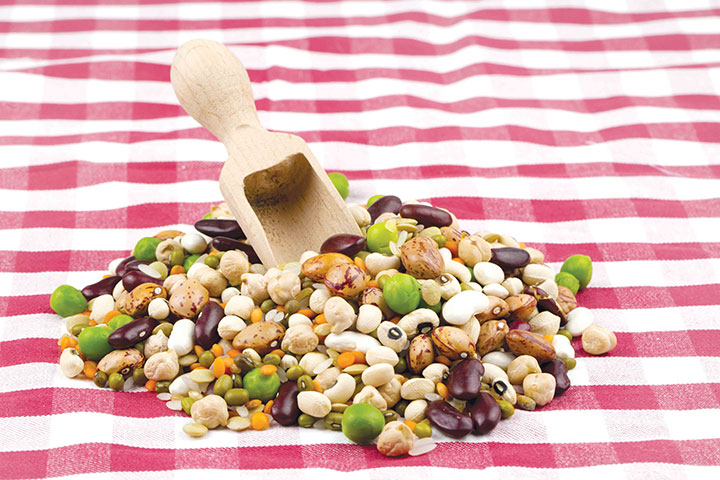With so many weight loss plans on the market offering conflicting advice, you could forgive any dieter for being confused. But the so-called ‘Mediterranean diet’ is more of a lifestyle than a calorie-controlled regime, with medically proven benefits for not just your waistline, but your general health and wellbeing. Better still, its use of delicious, natural and fresh ingredients is one of the reasons that Spanish actress Penélope Cruz calls it simply ‘good food’. Read on to find out how adopting the plan could be the answer to Christmas indulgence…
What is it?
The Mediterranean diet philosophy is all about following eating habits that hail from the sunny climates of southern Europe. Ideally, it means eating four or more servings of fresh fish a week, no more than three small portions of red meat, plus at least three servings of fruit and four portions of vegetables daily. The diet also involves eating plenty of legumes such as lentils or beans, plus whole grains and nuts and seeds.
A diet steeped in history
The Mediterranean diet first became popular after World War II, when cookery writer Elizabeth David brought the region’s recipes to greater prominence. It was originally designed to fuel farmers, labourers and fishermen, so while many modern diets reject carbohydrates such as bread and pasta, the Mediterranean diet contains plenty.
To adapt the diet to our more sedentary lifestyles, Catherine Collins, who is a spokesperson for the British Dietetic Association, advises swapping out refined pasta and cereals for whole grain equivalents. For an extra nutrient boost, Catherine says: ‘Try meat-free Monday and choose beans and nuts for your main meal, adding essential pulses and plant proteins, too.’
Why it’s good for you
There are many reasons that this simple diet is proving to be so enduring. Adopting a vibrant, ‘cook fresh from scratch’-style of eating can lower the risk of diabetes, depression, cancer, Alzheimer’s disease, Parkinson’s, dementia, and kidney disease, and promote longer life.
Catherine says: ‘We’re all living longer, and like having a pension plan, it’s not something you want to think about when you’re young, fit and seemingly healthy. But investing in a healthy diet now pays dividends in the future in helping to prevent cancer, heart disease and stroke – three of the main causes of ill health or early death.’
Research released in September from the Medical Research Council Epidemiology Unit at the University of Cambridge found that out of the 155,000 deaths that occur as a result of heart disease every year in the UK, 19,000 could be avoided by following the Mediterranean diet. Dr Nita Forouhi, lead author in the study, said: ‘We estimate that 3.9 per cent of all new cardiovascular disease cases, or 12.5 per cent of cardiovascular deaths in our UK-based study population, could potentially be avoided if this population increased their adherence to the Mediterranean diet.’
Celebrity fans
Jennifer Garner, Elizabeth Hurley, Catherine Zeta Jones, Isla Fisher and Heidi Klum are all reportedly fans of the Mediterranean diet.
Coronation Street’s Sue Cleaver, who plays Eileen Grimshaw, has revealed she used it to lose weight and bring her diabetes under control.
Meanwhile, when asked how she reached her target weight only four months after the birth of her son Leo in 2011, actress Penélope Cruz credited the diet and the country she grew up in.
She said: ‘Spain is my country and Madrid is my city and I love living there. My family and friends are all there, so that’s my place. I love Spanish food. My diet is the Mediterranean diet, which is good food. I eat well, but I try to eat healthily.’
Five ways to eat the Mediterranean way
1 Start your day with a mix of protein, a whole grain carb, and a portion of fruit or vegetables. Try cooked chickpeas or an egg with feta cheese, a piece of toasted flatbread and a light salad of tomatoes, cucumbers and herbs. A sweet option could be bulgur wheat or barley cooked in milk and cinnamon, topped with fruit.
2 Consume lots of vegetables and fruit to get your five a day – or more! Cook from scratch if you can, but if you must have a ready meal, add a salad or extra portion of cooked vegetables. Add flavour with high-quality olive oil, lemon, garlic and herbs.
3 Eat plenty of fish and seafood, poultry, eggs and pulses, but limit red meat. Dairy products are allowed in moderation. Sweets are rarely consumed in the Mediterranean diet; fruit and a little natural yoghurt with honey should satiate your sweet tooth.
4 Feast on unlimited legumes such as chickpeas, lentils, white beans and kidney beans. Snack on nuts like almonds, pine nuts (right) and hazelnuts, which are common in Italian, Spanish and Greek cooking.
5 Carbs are recommended, so have a small portion at each meal.
The Mediterranean meal plan
BREAKFAST: Cooked grains with natural yoghurt and fruit.
SNACK: Minted pea dip with brown pita and crudités.
LUNCH: Chickpea salad with herbs, olive oil, feta, tomatoes, onions, peppers and olives.
SNACK: Fruit salad with honey and lime juice, or a handful of nuts.
DINNER: Sea bass with fennel and vegetables.






































